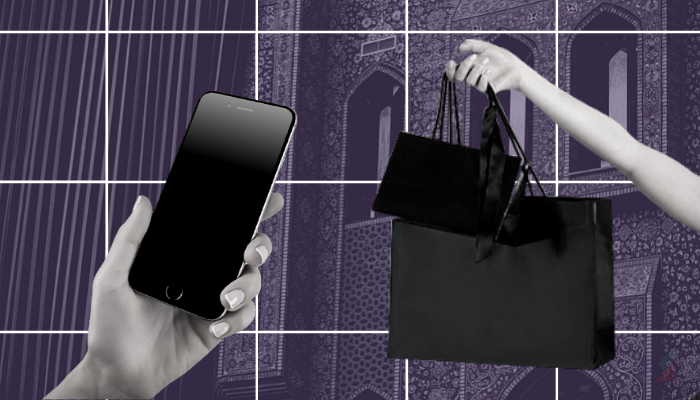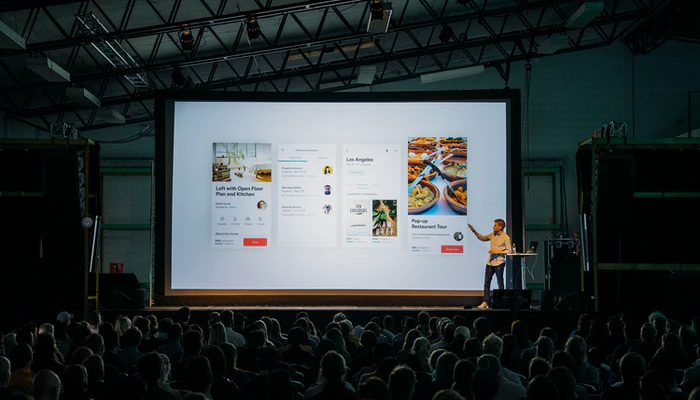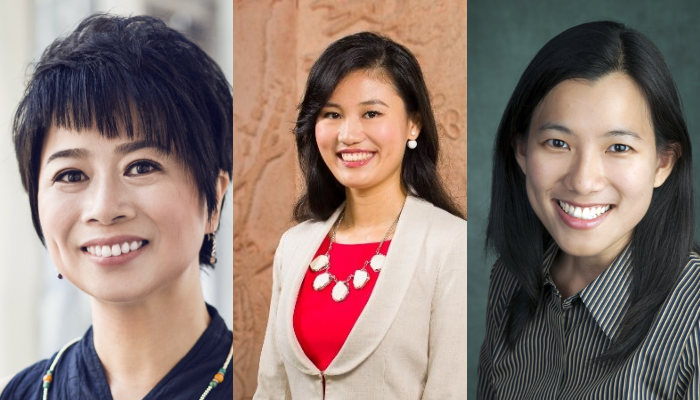Singapore – As the Muslim tradition of Ramadan this year has been held twice in the mid of a pandemic, there has been an uprise of indexed traffic online, as well as sales pushed forward by online channels, new research from adtech Criteo shows.
According to the SEA-centric study, the online traffic surge was evident last 2 May, with a 26% increase in traffic and 21% increase in sales, respectively. Despite the uptick, the research noted that a notable dip was observed in the final week of the Ramadan period, with sales and traffic dropping below the baseline, which may be indicative of consumer’s caution in spending amid the ongoing economic downturn.
The large majority of SEA consumers used mobile apps when shopping during the Ramadan period, as mobile sales saw the largest lift throughout the Ramadan period this year, marking a 107% increase in sales at the end of the Ramadan period on 12 May. App sales also rose by 60%, earlier on 1 May. Meanwhile, desktop sales saw the smallest spike of 40% during the second week of Ramadan.
Criteo’s research data revealed that the growth in purchases this year have only been in two categories: fashion/luxury, and mass merchant products. Criteo also found that the fashion/luxury category outperformed mass merchants during Ramadan, with a 50% increase from baseline from 23 April to 5 May.
In 2019, however, top product categories were in health and beauty, electronics, toys, and games as well as home and living items. The trends observed this year are likely to be due to consumers not being able to commemorate Hari Raya in large social settings or house visitations, as a result of distancing measures.
Another distinct trend observed during Ramadan in previous years was a consistent rise in web traffic and sales for travel players. Before the COVID pandemic, prospective travelers usually searched travel websites during Ramadan, before making their bookings late in the month and after Ramadan, to make trips to celebrate Hari Raya with their family and friends. This was noticeably absent from this year’s data.
“As a result of the ongoing COVID-19 restrictions across our region, worshippers had to adjust their observance of the holy month of Ramadan. With social distancing measures deterring gatherings in large groups, consumers are rethinking their buying patterns, regarding areas such as gift giving. It is key that marketers and brands understand these shifts and engage consumers with what they need the most, especially during important observances,” explained Taranjeet Singh, managing director for Southeast Asia and India at Criteo.



